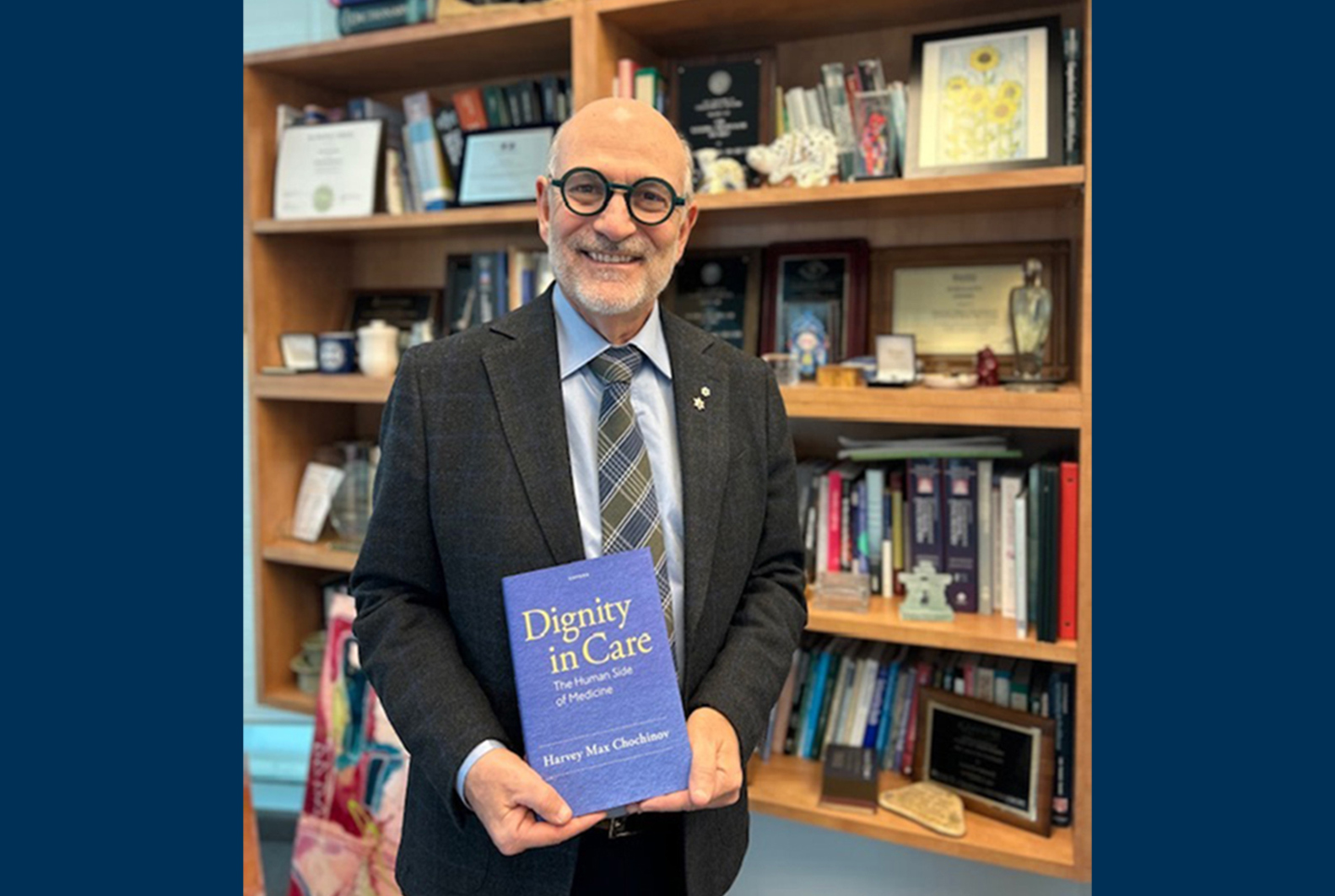Research Innovation Highlights
Building on a legacy of life-saving research for over 90 years, research at CancerCare Manitoba has played a key role in advancing cancer treatment, saving countless lives and benefiting thousands of Manitobans. We’ve come so far and we will go much further.
These Research Highlights outline areas of strength and progress we have made in recent years.

Brain Cancer
Glioblastoma multiforme (GBM), is the most aggressive form of brain cancer, having an average survival time of 12 to 18 months. Because of the challenges in treating GBM together with very poor survival outcomes, a lot of research continues to be done in this field.
Diagnostic Magnetic Resonance Imaging (MRI), a non-invasive medical imaging technology used to assess a tumour’s response to treatment is done as a surgical follow-up to see how the tumour is responding to treatment, and whether there is progression or recurrence.

CAR-T Therapy
CAR-T cell therapy is proving to be a very effective way of treating certain blood cancers. It reprograms a patient’s immune cells to target and attack cancer cells throughout the body. This is a new treatment for some types of leukemia and lymphoma (blood cancers).
T-cells, a specific type of white blood cell, are drawn from the donor and modified in a lab so they will specifically target and attack cancer cells. The changed cells are then infused back into the patient.

Chronic Lymphocytic Leukemia
The Manitoba Chronic Lymphocytic Leukemia (CLL) translational research program is a forerunner in CancerCare Manitoba’s commitment to research-driven evidence-based high-quality care for Manitobans. The CLL multidisciplinary research and clinical team serves as a guiding model for other cancer research clusters, particularly in other hematologic malignancies, incorporating basic scientists, clinicians, and epidemiologists to improve outcomes for Manitobans and Canadians suffering from cancer. The innovative CLL team focuses on patients with one of the most common but incurable forms of leukemia.

Dignity Therapy
Dignity Therapy is the most studied psychosocial intervention in palliative care and has seen an uptake in healthcare facilities providing care to patients with advanced cancer worldwide.
Dr. Chochinov and Mr. John Farber helped establish what would evolve into the current Department of Patient and Family Support Services at CCMB.
In 1992 he received his first research grant from CancerCare Manitoba Foundation, launching a program of research in psychosocial oncology and palliative care that has been praised for its innovation and impact around the world.

Health Services Research
Health services research is the study of the structure, processes, and impact of health services on the population. This research provides key information to help improve healthcare practices, policy, and outcomes, and contributes to a learning healthcare system.
The aim of health services research at the Institute is to identify and support the most effective ways to organize, manage, and deliver high-quality (equitable, appropriate, accessible, safe, efficient, and effective) cancer services for Manitobans.

Investigator-Initiated Clinical Trials
The CCMB Chiron Hematology research team, led by Dr. Zarychanski, hematologist and Senior Scientist at the Institute, is comprised of physician investigators and over 20 team members who collectively evaluate strategies to improve the lives of patients with cancer and blood disorders. They are one of the most productive research teams in the province and their novel methods and research findings have helped establish best practices in Manitoba and around the world.

